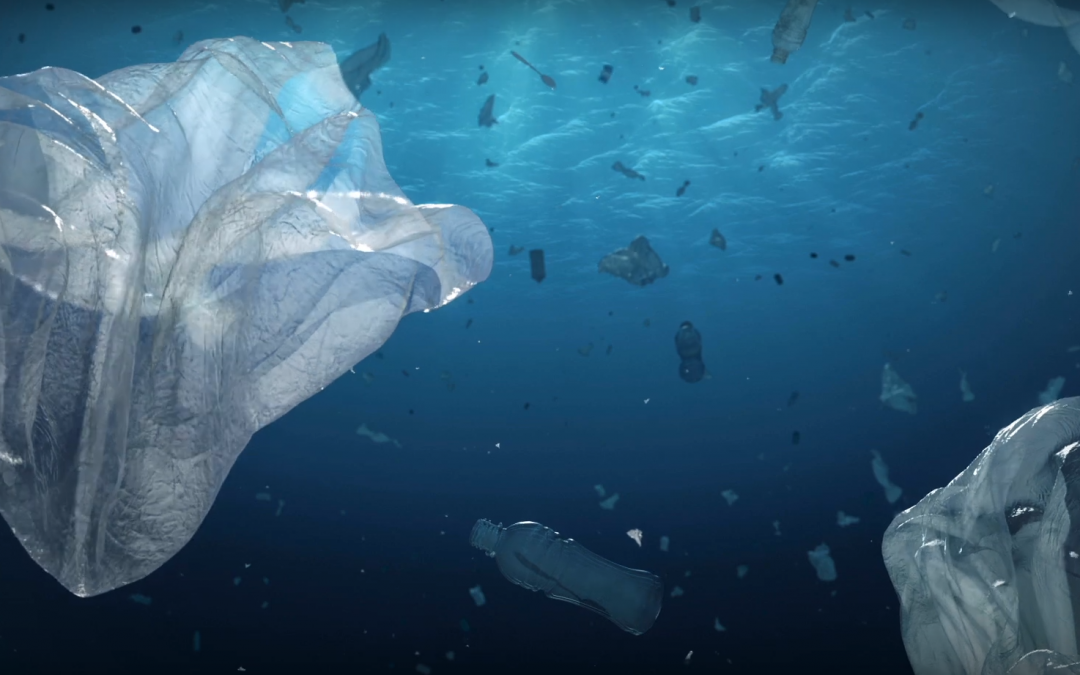Finnish waste management firm Riverrecycle and UK-based renewable energy company Clean Planet Energy have entered into an agreement to remove non-recyclable plastics from rivers and then repurpose the waste as new ultra-clean fuel for the marine sector.
The focus of the partnership will begin in Indonesia and the Philippines, the companies revealed.
They have already begun the development phase of the first ecoPlant and collection system in Manila, Philippians with a view to begin construction in early 2022.
Riverrecycle is in charge of waste management system installation on the shores of the most polluted rivers, enabling the collection of plastic waste and floating debris.
On the other hand, Clean Planet Energy builds and operates ecoPlants, environmentally-friendly facilities which can convert non-recyclable plastic waste into circular products, which can act as fossil fuel replacements.
“We are in a global plastic and carbon crisis, and no one single company, group, individual or foundation can solve it alone”, said Bertie Stephens, Clean Planet Energy’s CEO.
At least 8 million tonnes of plastics end up in oceans every year, which now makes up 80% of all marine debris (from surface waters to deep-sea sediments), according to the International Union for Conservation of Nature.
Studies over the last 10 years have identified rivers as a major pathway for plastic pollution entering the oceans, with around 80% of ocean plastic having traveled there via land.
According to a report published in the National Geographic this year, of the most polluting 50 rivers, 44 are in Asia or Southeast Asia.
In March 2021, Clean Planet Energy released details of two new ultra-clean fuels for use in any ship or vessel.
The products branded under the name of Clean Planet Oceans are expected to provide CO2 emission reductions of over 75%, and reduce harmful air pollutants by up to 1,500x, the company claims.
In light of delays in international action and discussion, environmental groups and shipping associations around the world, including BIMCO, are looking at a number of initiatives to approach how shipping can reduce the plastics footprint.
Source: Offshore Energy






